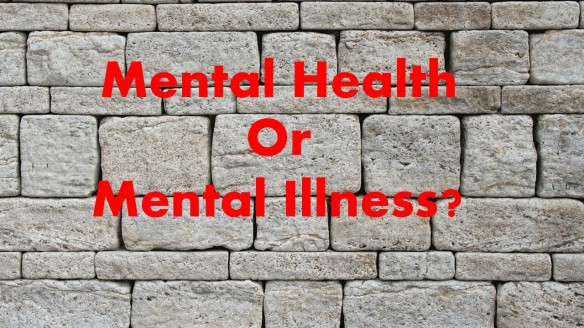Rethink the Beach: Tips for Sober Vacationers
Guest post by Jennifer Scott
When you’re newly sober, it feels like you’ll never be able to head to the beach again. In a culture where alcohol is advertised as an intrinsic part of getting away, from enjoying a cold one on the beach to sipping a martini in a resort pool, it’s hard to mentally separate drinking from the beach experience.
Despite the media’s depictions, it is completely possible to plan a sober beach vacation that’s just as fun as the trips you took before recovery. In fact, you’ll probably find that when you’re traveling clean, you’re more present and able to make the most of each getaway. Not sure where to start? These tips presented by counselorssoapbox for planning the beach vacation of your dreams, minus the drugs and alcohol.
Skip the Party Destinations
Heading to an uncommon beach destination is a great way to forgo temptation and crowds. Instead of heading to the usual spots, pick a more secluded neighbor. For example, Alabama beaches are less busy than nearby Florida but just as beautiful. However, it’s possible to steer clear of the party scene on even the most popular beaches like those in San Diego, Tulum, Mexico, or Turks and Caicos. Instead of taking the usual route of all-inclusive resorts and nightclubs, you can hit the beach during the day, see live performances at night, and stay in a vacation rental to escape from the action
Plan Around Activities
If you’re accustomed to beach vacations that are all about lounging on the beach, drink in hand, it might be hard to visualize the beach without the booze. Rather than trying to eliminate alcohol from your old routine, create new beach traditions that keep drugs and alcohol out of the picture entirely. Learn how to scuba dive, take a stand-up paddleboarding lesson, or head out on a dolphin-watching ship and you’ll be too entertained to think about using.
Share Your Sobriety
Tell your traveling companions about your sobriety. Friends who have your back can be the difference between resisting temptation and slipping up, so you should rethink any vacation with a known bad influence. When your friends know about your recovery journey, they can be supportive in the weak moments and help select activities that aren’t centered on drugs or alcohol. While you may not want to explain your sobriety to friendly strangers, it’s wise to have a plan for how you’ll decline drinks. Keep a white lie handy or practice saying “No, thanks,” as a complete sentence.
Chronicle Everything
Maybe you’re at a point in your recovery where you don’t feel tempted when friends or family drink around you, but you don’t feel completely comfortable either. It’s normal to feel left out when your companions drink and you don’t, but there are other ways to stay involved. When everyone else has a drink in hand and you don’t, take the opportunity to become the vacation photographer. Capture landmarks, choreograph silly poses and snap candid shots. Everyone will love having pictures of the trip, and you’ll feel included without having a drop.
Anticipate Your Triggers
You’re bound to face different encounters that can be triggering. With this in mind, have a plan of attack. Before sobriety, you might have gotten so upset that you felt the need to go for a few drinks. Now, you can set your mind up for potential mishaps and have a way to manage them. For example, if you’re heading to a beach in Mexico, have an emergency plan in the event that you lose your wallet or purse. Stash extra cash and copies of your passport in a hotel safe, but also familiarize yourself with how to get money in a pinch. Friends and family can quickly send you money through a remittance service like Remitly, which offers fast and secure money transfers. Plus, you can pick up your cash at one of 40,000 locations in the country.
Take Care of Yourself
Forgoing sleep and food will only weaken your resolve in the face of temptation, so resist the urge to jam-pack your vacation itinerary. Give yourself plenty of time to rest each night and stick to healthy choices for most meals. Try to retain your normal routine as much as possible; if your sobriety routine includes morning jogs and 12-step meetings, so should your vacation schedule.
Vacationing sober is all about overhauling your travel habits. Yes, that may mean that days of lounging aimlessly on the beach are a thing of the past. But when you can have a vacation that’s filled with fun activities in beautiful destinations, that’s both memorable and will be remembered, what could be better than that?













